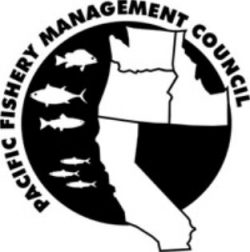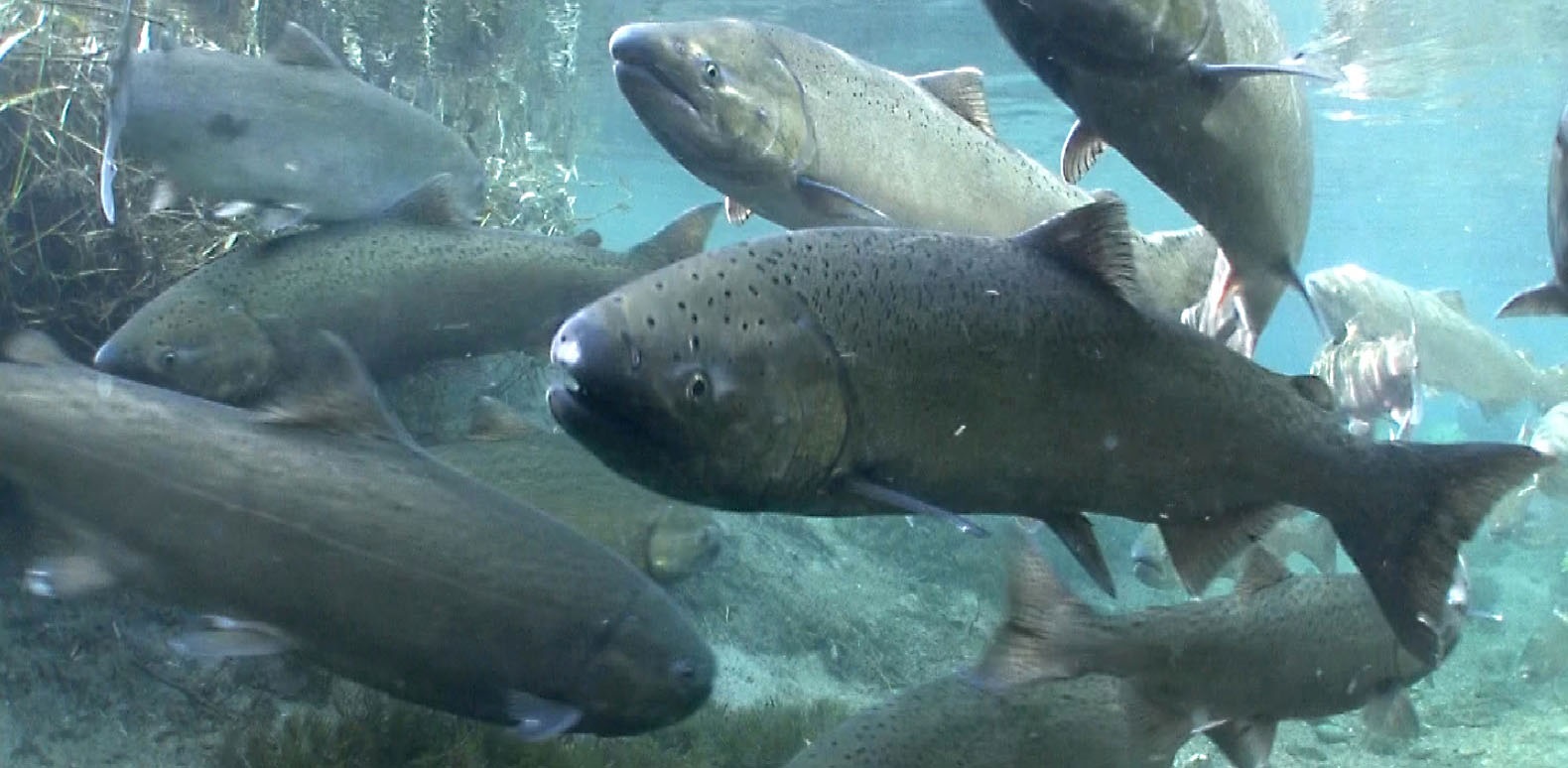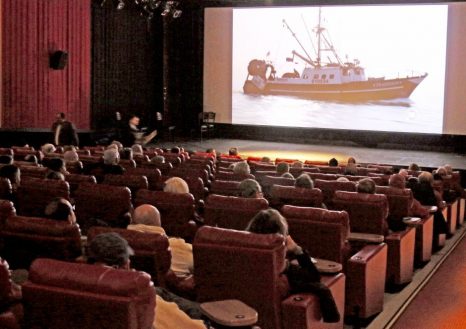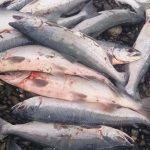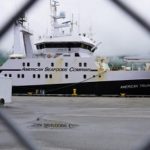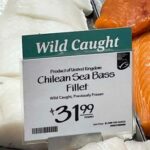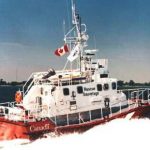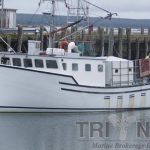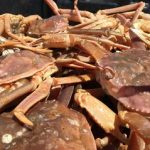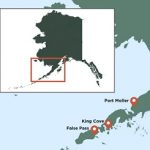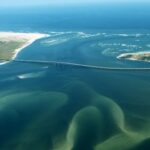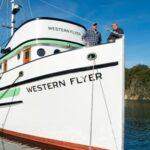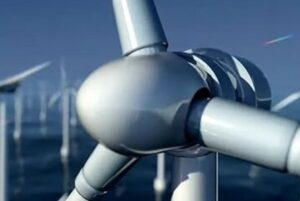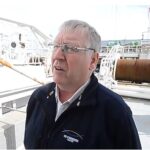Monthly Archives: March 2018
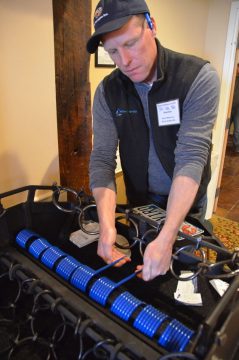
Maine: Scallop fishermen near end of season
The Maine scallop fishing season opened during the first week of December and now, with two weeks or less remaining, reports on how good a season it has been are decidedly mixed. On the good side of the ledger, there seemed to be plenty of scallops, often in places where none have been seen for years, Melissa Smith, who coordinates scallop management for the Department of Marine Resources, said last week. >click to read<11:16
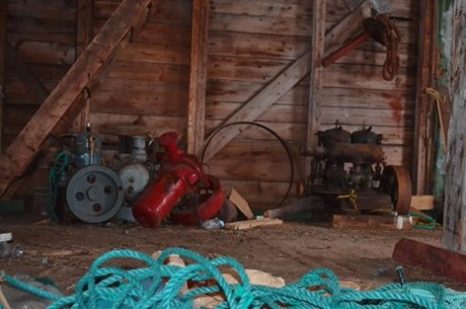
The Newfoundland Fishery Assassin
By David Boyd, Twillingate, Newfoundland. Our province, our fisheries are in the grip of a hellish nightmare. An assassin is on the loose. Let us begin. The Caplin biomass are in dire shape. So are our Wild Salmon – just a mere 30,000 striving to survive in south coast currents. Toxic fish farms have instead become the priority of politicians’ hearts. They permit fake fish proponents to rule our waters – spinning fishy tales and casting misery to our wild species. Oil, too, has become the politician’s potion. The smell of fish on their hands is dirty. The assassin’s cloak spreads further. >click to read< 09:52
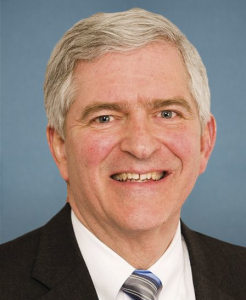
Dan Webster Champions Sustainable Shark and Fisheries Trade Act
U.S. Rep. Dan Webster, R-Fla., is leading three other members of the Florida delegation in wanting the U.S. Commerce Department to increase regulation on the international shark trade. Webster’s office noted “the bill preserves U.S. commercial fishing jobs, a key component of our state and nation’s economy” and, taking a page from the World Trade Organization’s process for certifying importing shrimp, would have the U.S. Secretary of Commerce establish a three year certifying process for nations exporting shark products to the U.S. >click to read<09:15
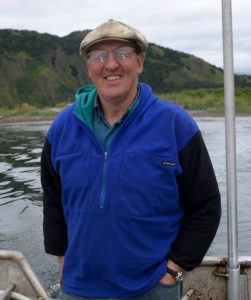
Board of Fisheries nomination proves controversial
The nomination of a Kodiak-based fisherman to the Alaska Board of Fisheries has led to concern about an overrepresentation of commercial fisheries interests on the board. Governor Bill Walker recently recommended Duncan Fields for the Board of Fisheries to fill the seat left by Anchorage’s Alan Cain, whose term is up this year. Ricky Gease, the executive director of the Kenai River Sport Fishing Association, sees a need for that seat to go to someone with experience in Anchorage-based sports and personal use fishing. >click to read<21:24
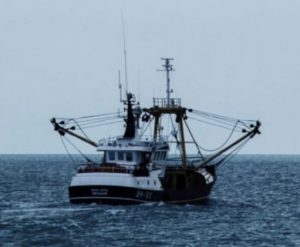
The understandable anger of British fishermen
When the fisheries-rich countries of the North Atlantic applied to join the EEC in the early 1970s, it was an opportunity for ministers in Brussels that was too good to miss. To the nervous embarrassment of the Dutch, a last minute deal was pushed through that bolted the resources of national fishing grounds onto the scanty treaty provisions that covered trade in fish produce. It was a shoddy fix and, it turned out, a major scandal at least for one of the applicant states. Norway’s fisheries minister resigned in protest, and the Norwegians voted against accession. But the UK did not. In 1973, the country joined the Brussels club. Ted Heath’s people accepted the stitch up as a political price worth paying – one of many, it might be said. And thus was created the original sin behind UK membership. >click to read<19:26
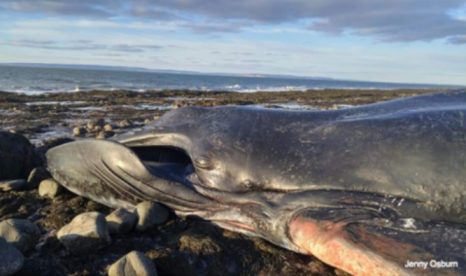
Two dead whales wash up on the coast of Nova Scotia, Canada
It’s too soon to say what’s behind the death of a humpback whale that washed up on Nova Scotia’s Fundy Shore near the community of Ogilvie, N.S. The humpback is one of two large whales found washed up along the Nova Scotia coast this weekend. “It would definitely take a pretty thorough examination to find out what might have killed it,” said Andrew Reid, response co-ordinator for the Marine Animal Response Society (MARS). He said his organization got the call about the carcass on the Bay of Fundy beach late Sunday. >click to read< 15:01
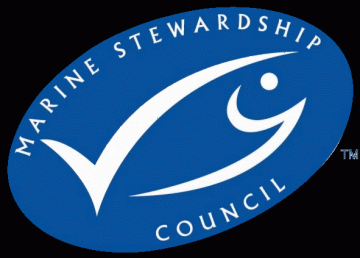
Gulf of St. Lawrence snow crab fishery’s sustainability designation suspended in wake of whale deaths
Canada’s lucrative Gulf of St. Lawrence snow crab fishery has had its certification as an environmentally sustainable fishery suspended. The London-based Marine Stewardship Council (MSC) announced Tuesday it was suspending the certification — a stamp of approval for consumers — because the fishery has been linked to North Atlantic right whale deaths. Twelve of the critically endangered whales died in the Gulf St. Lawrence last year, with necropsies performed on six. >click to read< 12:11

Australian Government winds back marine protections to support fishing industry
The Turnbull government will strip back highest-level protections in a host of sensitive marine areas, including critical waters near the Great Barrier Reef, saying it is protecting the environment while supporting fishing and tourism. But Labor has branded the changes “the largest removal of areas from conservation in history” and will seek to disallow the proposed regulation in Parliament.,,, Overall, 80 per cent of Australia’s marine park waters would be opened to commercial fishing, up from 63 percent. >click to read< 11:01
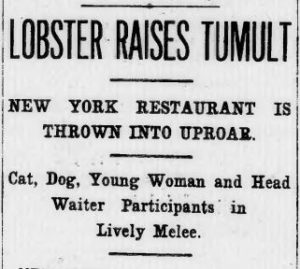
1910: A Cat, A Bulldog, and a Lobster Walk into a Harlem Restaurant…
This quirky animal tale of Old New York begins on a Sunday night in May 1910 when Gus, a brindle bulldog, walked into Fay’s restaurant at 255 West 125th Street in Harlem around 7 p.m. and sat down for dinner with his master. Gus was reportedly well behaved, so he was allowed to sit with his owner, Miss Rose Leland of 516 West 179th Street, as long as his leash was wrapped around her chair while they both ate their dinners. Outside on the sidewalk was an icebox, where live lobsters were kept. >click to read< 09:55
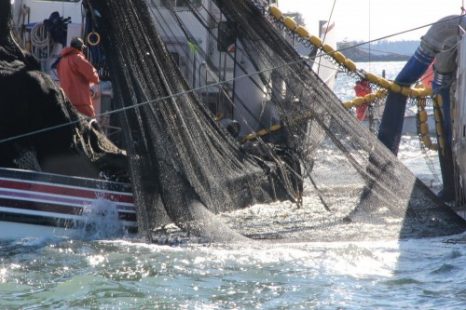
On 2-hour notice: Sitka herring fleet opts for ‘non-competitive’ fishery
The commercial sac roe herring fishery in Sitka Sound goes on two-hour notice tomorrow (Tuesday 3-20-18) at 7 a.m. That means the first opening could be as soon as two hours after that. But whenever fishing opens, it won’t be the full-throttle race to the grounds as in past years. Eric Coonradt, the state biologist who manages the fishery, following a pre-season meeting in Sitka Monday afternoon (3-19-18), confirmed that the permit holders have agreed to fish non-competitively, and to share the proceeds.>click to read<09:30
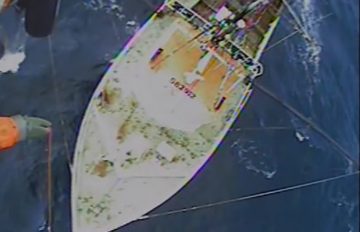
Coast Guard assists disabled fishing vessel 110 miles east of Cape Cod
Two aircraft out of U.S. Coast Guard Air Station Cape Cod responded Sunday night to a distress call from a disabled fishing ship roughly 110 miles east of Cape Cod, according to Coast Guard Petty Officer Andrew Barresi. The fishing vessel Captain Joe was without power and needed a battery to run a generator, Barresi said. Captain Joe’s sister ship, Orion, was about 50 miles away with a battery. >click to read<08:52
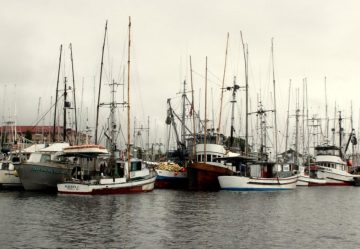
Forum to examine politics behind Alaska’s chinook conservation problem
Southeast salmon fishermen are pushing back against deep restrictions in the king harvest this season, saying the problem is as much political as it is biological. The fishing advocacy group Chinook Futures Coalition is holding a forum in Sitka this Wednesday afternoon (3 p.m. – 5 p.m. Wednesday, March 21, Harrigan Centennial Hall) to shed light on how negotiations with Canada have disadvantaged Alaskan fishermen — even as the state works to address a serious conservation problem.>click to read< 21:19

Fixed Gear Closures – NOAA closes areas to protect whales
As NOAA Fisheries continues to address the rising peril to whales in coastal waters stretching from New England to Florida, it is reminding local fishermen of current or impending gear closures off Massachusetts. The closures, primarily around Cape Cod and in Cape Cod Bay, are part of NOAA Fisheries’ Atlantic large whale take reduction plan developed to provide increased protection to several species of whales — particularly the endangered North Atlantic right whales whose population continues to plummet. Some of the gear closures impact trap and pot fishermen, while other impact gillnetters. >click to read<19:15
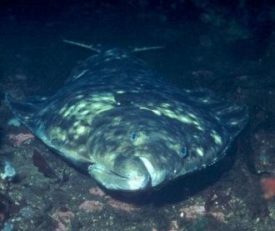
Halibut quotas for 2018 come in slightly lower than expected
The total allowable catch for the 2018 Pacific halibut season in the Gulf of Alaska and Southeast will be set slightly lower than what U.S. commissioners on the International Pacific Halibut Commission had asked for. The National Oceanic and Atmospheric Administration will publish a final rule in the Federal Register Tuesday setting combined charter and commercial quotas in Southeast, area 2C, at 4.4 million pounds. That’s about a 17-percent drop from the total allowable catch in 2017. >click to read<17:39
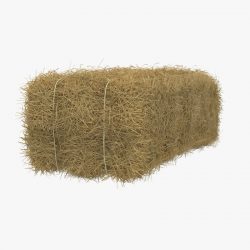
Fishing. It’s not for everybody! – From Bundy farm to trapped at sea for 20 days
Dreams of working on a fishing trawler as an alternative to farm work soon turned to a nightmare at sea for a French national. Jeremy, 28, had been working as a backpacker on Bundaberg farms when, after hearing positive accounts from fellow farm workers, he decided to take to the ocean. Backpackers must complete approximately three months of rural or regional work to qualify for a second-year visa and fishing work can qualify towards that. Through word of mouth, Jeremy got a phone call from a trawler captain. >click to read<12:01
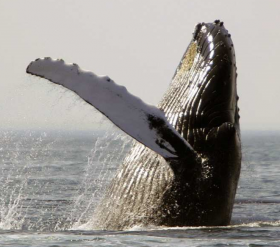
Whales and fishermen caught in turf war over California’s coast
As rising ocean temperatures move their food supplies closer to shore, a staggering number of migrating whales have been forced into the path of California’s crab fishing fleet — and the confrontations have increased dramatically over the last five years. State agencies have tried and failed to keep whales out of crab gear, prompting one nonprofit to take matters into its own hands.,, Some fishermen see this lawsuit as another nail in the coffin for California’s Dungeness crab fishery. >click to read< 09:20
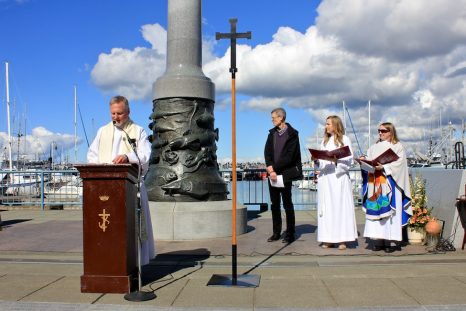
At Fishermen’s Terminal – Annual blessing honors fishing fleet as season begins
For nearly a century, family, friends, and well-wishers have gathered each year to honor the crews headed to sea for the spring and summer fishing seasons. With some boats already en route to Alaskan waters, Sunday marked the 90th annual Blessing of the Fleet at Fishermen’s Terminal. Under sunny skies, Pastor Elise Scott of Ballard First Lutheran Church dedicated the vessel, “The Sunward,” on behalf of the entire North Pacific Fishing Fleet.>click to read<08:21

Crew member stabbed on Dutch Harbor commercial fishing boat
A 28-year-old fisherman was arrested after stabbing another crew member on a commercial fishing boat in the Aleutian fishing hub of Dutch Harbor Friday, Unalaska police said. Police in Unalaska received a report that a crew member aboard the F/V Aleutian Sable had been “badly injured” in a knife attack early Friday, Jennifer Shockley of the Unalaska Police Department wrote in a statement. >click to read< 00:15
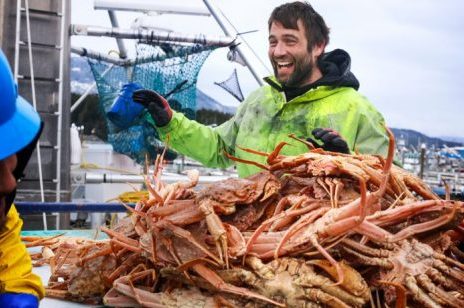
Cordova receives first Tanner crab delivery in 30 years
Deckhands Robert Bernard and Danny Delozier moved energetically around the F/V Ace as it docked at Trident Seafoods. Delozier stood on top of 15 or so crab pots, holding on to a rope while waiting for the first bucket to drop on March 13 to fill with Tanner crabs, the first such delivery in Cordova since 1988. Once the cloudy water drained from the fish hold, piles of bright red, orange and brown Tanner crabs emerged.,, “We had a great crew,” said F/V Ace captain Ronald Blake, as he geared up for another trip into the Sound. “They were hootin’ and hollerin’,” >click to read<18:40
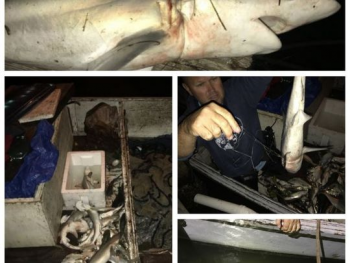
North Fort Myers man alleged to have illegally used a net to catch sharks in the Gulf
A North Fort Myers man on probation for wildlife violations is facing more than a dozen charges including allegedly catching eight sharks over the state limit and using nets for those catches after wildlife officers saw him try to toss other fish into Jug Creek. Bryan David Becker, 34, remains in Lee County Jail on no bond.,, Two plainclothes Florida Fish and Wildlife officers watched Becker at 4 a.m. on Feb. 15 as he violated a marked slow speed zone in a commercial fishing “Mullet Skiff” on approach to a dock at Jug Creek Marina in Bokeelia. >click to read< 14:52
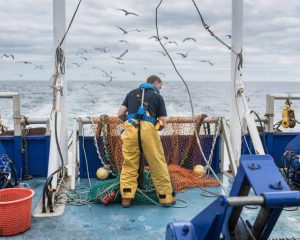
UK set to back down over fishing quotas during Brexit transition
The UK government has accepted that British fishermen will not enjoy a larger share of the fish available to be caught in domestic waters during the post-Brexit transition period. Michael Gove, environment secretary, has called for an immediate renegotiation of fishing quotas and access for EU vessels in British waters from March 2019, when the UK will leave the bloc. But the British government is set to accept on Monday demands set out in the EU’s draft transition text, which includes a clause making clear that the UK share of the “total catch” will remain unchanged during the two years after the UK leaves the EU. >click to read<11:44
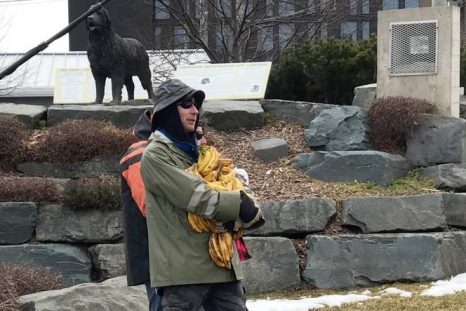
Newfoundland fishermen featured in Xbox Canada series celebrating new game launch
What happens when you pit a crew of Newfoundland fishermen against a crew of Xbox gamers is something the world will find out when an online content series launches next week. Three of those fishermen — Rick Crane of Cox’s Cove and father and son Rick and Conway Caines of Port Saunders — are no strangers to the public after having appeared on the Discovery Channel’s “Cold Water Cowboys.” Christina Verdurmen, Xbox Canada’s senior marking manager, said the series was created to celebrate the launch of Xbox’s new game “Sea of Thieves.” >click to read< 10:49
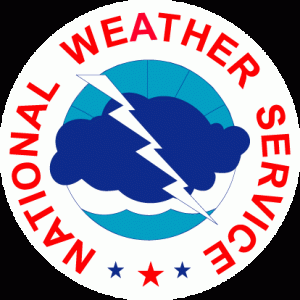
N.S. fishermen using more precise U.S. forecasts take concerns to Environment Canada
The national weather forecaster says it’s working with fishermen on Nova Scotia’s South Shore to improve forecasting in that area after learning fishermen were using American forecasts. Leland Anthony, warden of the Municipality of the District of Yarmouth, raised concerns about the precision of forecasts from Environment and Climate Change Canada at a recent meeting. Both Anthony and Lucien LeBlanc, a lobster boat captain and councillor for the Municipality of the District of Argyle, say fishermen in the area are using American forecasts, often from third-party apps like Magic Seaweed, which they say are more precise and easier to use. >click to read< 10:13
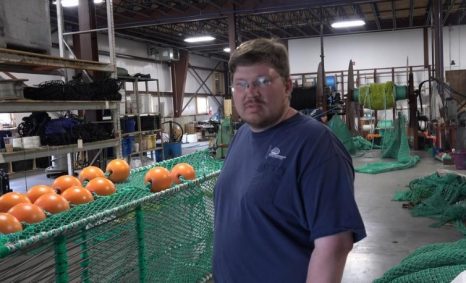
Reidar’s, like others, part of Sector IX collateral damage
It was just before thanksgiving that NOAA shut down Sector IX after Carlos Rafael had been found guilty and sent to jail and, three months later, none of the boats or crews from the sector are any closer to going back to work. “There has been a lot of talking, but, not much action,” Tor Bendiksen told me. A number of suggestions have been out forward about how to resolve the issue, but there is a notable absence of leadership, throwing local business owners under the bus because one of their customers gamed the system is rough justice, to say the least. >click to read<09:12
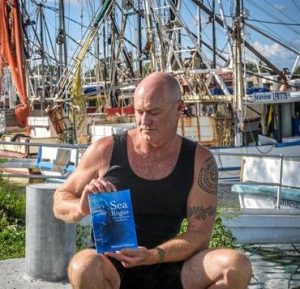
“A privilege to grow old”: Trawler survivor writes book
Ten years after the Sea Rogue prawn trawler sunk, survivor Michael Williams said it is a privilege to get to grow old. Mr Williams has announced that he is releasing a spoken-word poetry book about the tragic events that unfolded, beginning on February 27, 2008. That fateful day, Mr Williams swam for 10 hours and more than 16kms, after the prawn trawler sunk when its net was caught on the below reef. Mr Williams told The Daily Examiner in 2014 that crew members John Jarratt (JJ), Alan “Charlie” Picton and himself all had to swiftly escape out of the cabin window. All they had was a red tub to cling onto. >click to read<15:51
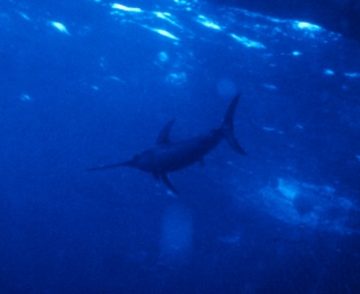
Uninformed vs. Science: The story of swordfish in the Northwest Atlantic is complex and subject to many versions of revisionist histories.
Every once in a while you read something that is so wrong, it sticks with you. A recent statement by the American Sportfish Association, (ASA), published in the Fishing Wire, met and exceeded the mark of just plain wrong. And to compound the affront, several marginalized groups threw in their support for good measure. I know better than to bark at the moon but here goes,,,Uninformed vs. Science. By Edward Gaw >click to read< 14:53
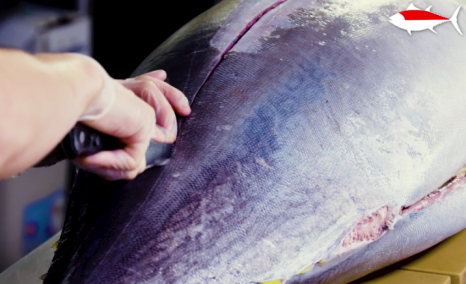
How To Butcher a Whole Tuna: Every Cut of Fish Explained
Yuji Haraguchi is a butcher and owner of the fish market Osakana. In this episode of Beautiful Butchery, Haraguchi shows Bon Appétit how to butcher a whole tuna and explains every cut of fish you would see at sushi restaurants. He breaks down the tuna into back loin, belly loin, pelvic fins, bones, and collars. From there, the cuts are broken down into saku blocks, sashimi, toro, chu-toro, sinews, sankaku, akami, tuna tartare, and aburi. >click to watch<12:34






